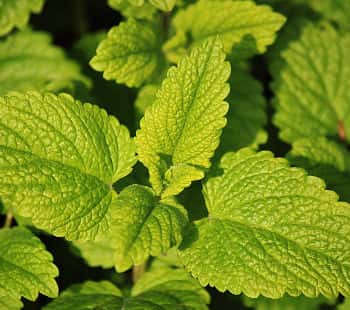
The practice of medicine can vary significantly from one place to another. Research on rates of surgery and other interventions shows that this is true among geographic regions within the United States (Birkmeyer et al, Surgery, Nov. 1998). Different countries with distinctive histories and cultures may demonstrate even more marked variation in practice. One reader wondered why natural cures seem to be more popular in other parts of the world.
Why Don’t American Doctors Prescribe Natural Cures?
Q. I have found that herbal and natural cures are used frequently by doctors in Europe and elsewhere, but not as much in the U.S. Why?
A. American physicians used to rely on botanical medicines before the middle of the 20th century. In the late 19th and early 20th century, patent medicine peddlers selling herbal products gave natural cures a bad name. Such “snake oil salesmen” made unsubstantiated claims for their wares, which often contained a combination of herbs. Quality control was an unfamiliar concept.
By the mid-20th century, pharmaceutical manufacturers were promoting synthetic drugs. Standardized quality was an important selling point. Most medical and pharmacy schools phased out their courses in natural products around that time.
The Influence of DSHEA:
In 1994, Congress passed the Dietary Supplement and Health Education Act, DSHEA (often pronounced Duh-Shay). This legislation limited the ability of the Food and Drug Administration to regulate dietary supplements sold as natural cures. The result has been a proliferation of dietary supplements with little or no way for the consumer to distinguish which ones truly contain the labeled ingredient, at the labeled dose and without contamination.
This “Wild West” aspect of the dietary supplement market has made many American physicians wary. In places like Germany, Australia and the UK, herbs are treated much more like medications. Many health professionals include them in their prescribing practices. Because they are regulated, often by the same agency that regulates drugs, doctors are able to trust their quality. No doubt all of this plays some role in determining different attitudes toward natural cures.

